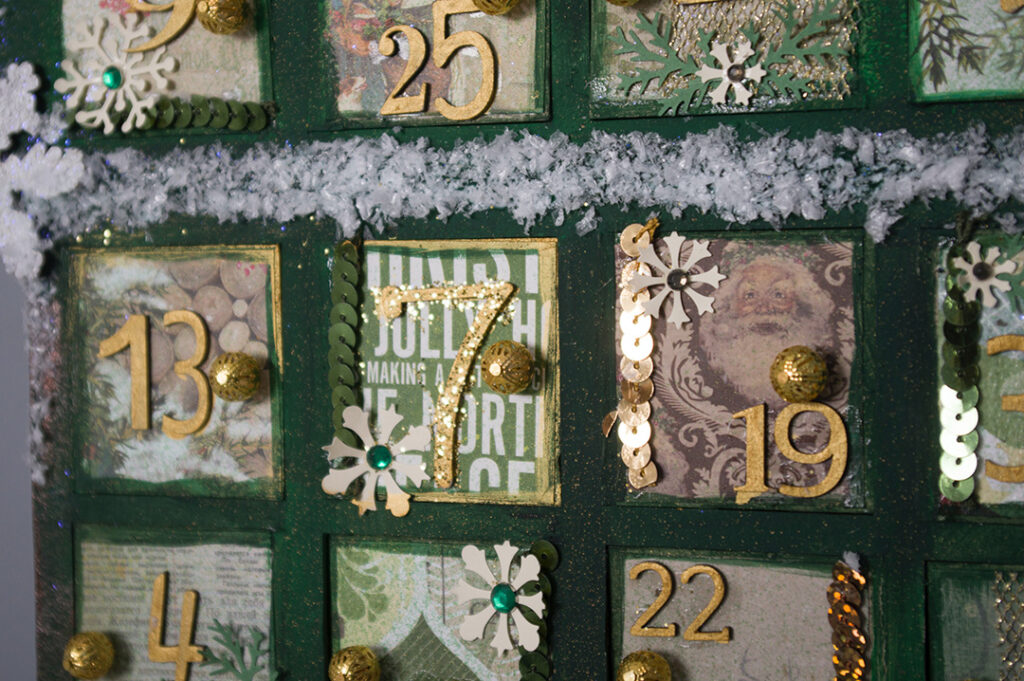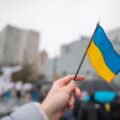Celebrating two Christmases: Is December 25th political and religious?
Celebrating two Christmases: Is December 25th political and religious?
Why is Christmas celebrated on January 7th in some communities? And how has the Russian invasion of Ukraine politicised the date? Read on to discover.
The many days of Christmas
For most, if not all, Protestant and Catholic Christians, Christmas falls on December 25th – and has done so since the 4th century.[1] This date, however, is not universal to all followers of the Christian faith. Large numbers of Christians, particularly those centred in Eastern Europe and aligning with the Orthodox faith, celebrate Christmas on January 7th.[2] Even then, others, like the Armenian Church, celebrate Christmas on January 6th.[3]
The reason for the difference, at least between many of the Orthodox churches in the East and the Christian faiths in Western and Central Europe, largely boils down to the use of specific calendars. Initially, December 25th was a unifying date across Christendom. However, in the 1580s, a divergence began to take place. Historically, most of Europe relied on the Julian calendar, ever since it came into effect in the final days of the Roman Republic. Yet, by the 1580s, it was clear the Julian calendar did not perfectly follow the sun’s rotations, so the pope at the time, Pope Gregory XIII, decreed that the Church would follow a new, Gregorian calendar.[4]
Soon thereafter, many Catholic nations adopted the calendar. In the following centuries, much of Protestant Europe adopted the Gregorian calendar, too.[5] Yet, many Orthodox churches, regardless of whether their countries did, did not adopt the new calendar for liturgical purposes. Therefore, a discrepancy began to arise between when December 25th actually falls. In the Gregorian Calendar, December 25 is December 25. But the Julian December 25 would fall on January 7th.[6] Herein lies the divide, especially as most countries, even with Orthodox Christians, follow the Gregorian calendar for non-religious purposes.
The politicisation of Christmas day
Two such churches that have historically celebrated Christmas on January 7th are the Russian Orthodox Church and the Orthodox Church of Ukraine. It is well documented that the two have not been on the best of terms with one another and have been under increased scrutiny, especially since the Russian invasion of Ukraine.[7] [8] [9] It is also important to note that the Orthodox Church of Ukraine is independent of the Ukrainian Orthodox Church. The former considers itself independent of Russian influence and the Russian Orthodox Church, whereas the latter has been seen as a means for Russia to exercise influence in Ukraine.[10] In fact, Ukrainian officials historically tried and failed to force the Ukrainian Orthodox Church to change its name to the Russian Orthodox Church in Ukraine.[11] [12]
Since the invasion, Ukraine has been painted as far more connected, politically and culturally, with the West, especially the countries of NATO. Russia, on the other hand, has been painted as a global pariah, looking more within itself than internationally.
Recent movements to change the date of Christmas within the Orthodox Church of Ukraine show how the furthering of political and cultural ties with the West, alongside a desire to differentiate from Russia, has spilled into religious ceremonies, too.[13]
Two Christmases and a synod’s approval
The role of December 25 in celebrations of Christmas in Ukraine has arisen before, especially as the newly separated Orthodox Church in Ukraine has looked to differentiate itself from the heavily pro-Russia Russian Orthodox Church. In 2017, December 25 was declared a national holiday, placing Ukraine into the same category as Moldova, Albania, and Belarus, that is – countries recognising two Christmas holidays.[14]
The move by national politicians in 2017 did not mean that the Ukrainian Orthodox Church was fully in agreement. However, following a synod in October 2022, the Church made clear that churches could host full religious services on the 25th. In so doing, however, a spokesperson for the Church, Archbishop Yevstratiy Zoria, clarified that Church officials would not force anyone to go on the 25th and would continue to have services on the 7th of January.[15] According to Zoria, before Russia’s invasion, about a third of churchgoers wanted to transition to celebrating on December 25, a number he imagines is now higher.[16]
Many have labelled this move as part of the larger alignment of Ukrainians with the West, in a desire to escape the Russian attempts to eradicate Ukrainian cultural independence.[17] [18] The Church itself, however, denies such a claim, saying it is responding to requests from many of its parishioners.[19]
Christmas messages of support
In another move of Christmas symbolism, around December 25, 2022, several leaders throughout the Western world issued Christmas messages, in which they voiced support for Ukrainians in their struggle. European leaders and figureheads from Spanish King Felipe VI[20] to European Commission President Ursula von der Leyen[21] expressed solidarity through videos, tweets, and speeches.[22]
You can use the free EARS Dashboard to learn more about trends and developments on the topic of religion and society. Hundreds of article summaries from all over the world were added in the past month!
Sources
[1] Why Is Christmas in December?
[2] Why some people celebrate Christmas in January
[3] Why Do Armenians Celebrate Christmas on January 6th?
[6] Ukraine gets two Christmases – December 25 and January 7
[7] Church and politics in Ukraine
[8] Loyalty or resistance to Moscow? A difficult dilemma for Russian Orthodox Churches
[9] Religious political manoeuvers in the Ukrainian crisis
[10] Orthodox church of Ukraine allows worshippers to celebrate Christmas on 25 December
[11] Orthodox church of Ukraine allows worshippers to celebrate Christmas on 25 December
[12] Ukraine’s leader orders Orthodox Church to change its name
[13] Ukrainian Orthodox mark Christmas on December 25 in break with Russia
[14] Ukraine gets two Christmases – December 25 and January 7
[15] Orthodox church of Ukraine allows worshippers to celebrate Christmas on 25 December
[16] Orthodox church of Ukraine allows worshippers to celebrate Christmas on 25 December
[17] Inside Russia’s (Failed) Attempt to Eradicate Ukrainian Culture
[18] Ukrainian Orthodox mark Christmas on December 25 in break with Russia
[19] Christmas comes early: Ukrainian church allows December 25 celebrations for first time
[20] España | Felipe VI reafirma la solidaridad con Ucrania en su mensaje de Navidad
[21] Ursula von der Leyen – Twitter
[22] Foreign leaders voice support for Ukrainians as they celebrate Christmas despite Russia’s war






